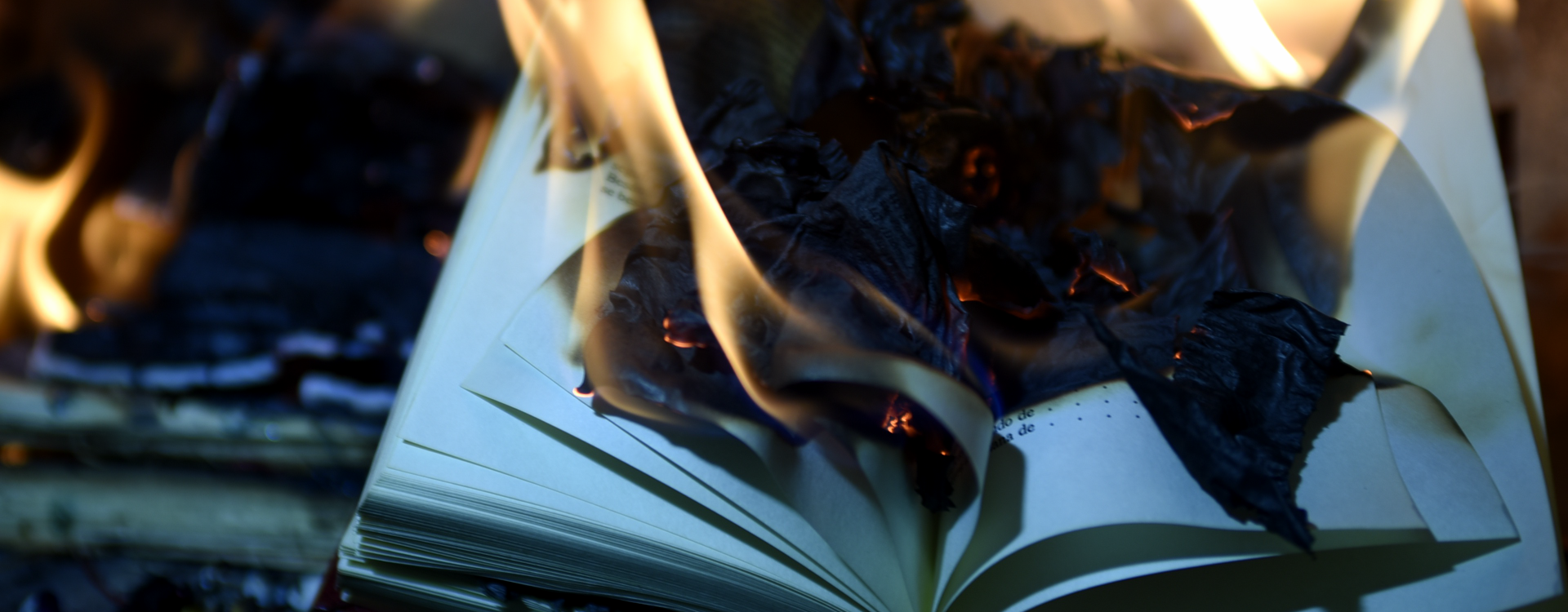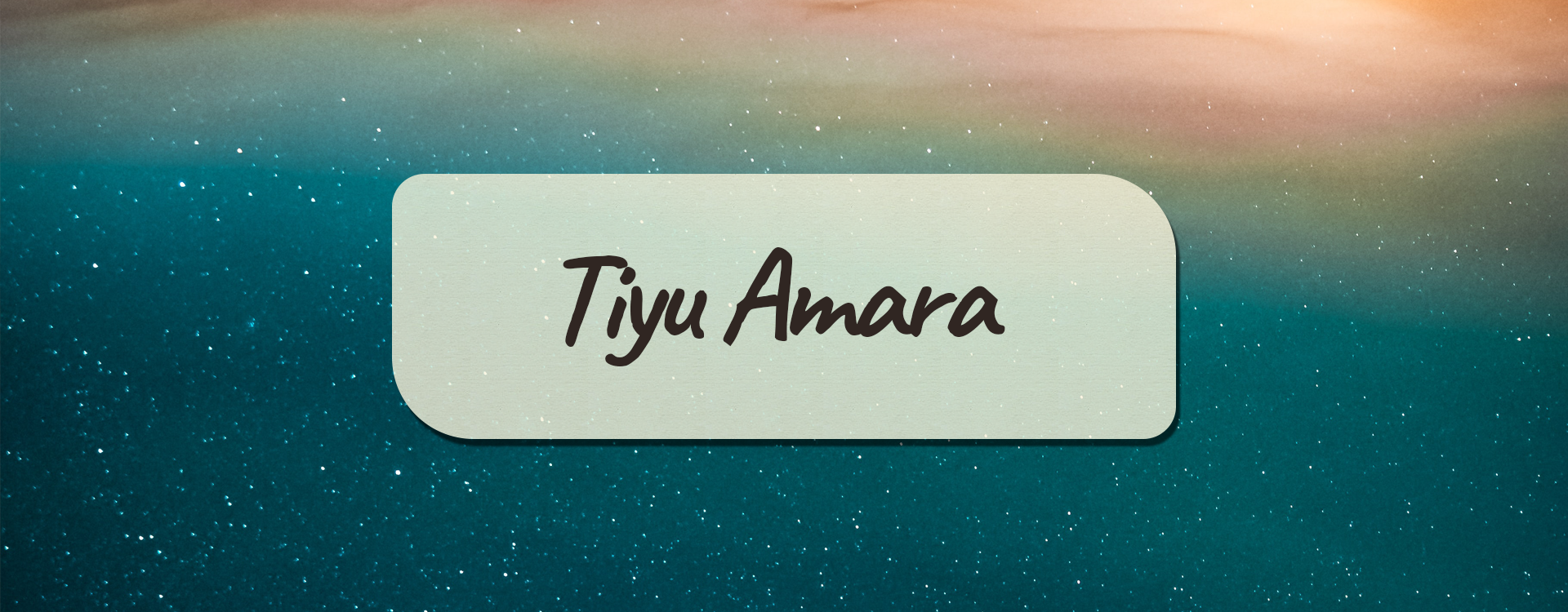Dyiiladuunawa
The people between waters, between countries, between worlds. Keepers of their own secrets, and yours too, if you were foolish enough to tell them. The Dyiiladuunawa never forget.The Dyiiladuunawa are an ethnic group usually found in south-eastern Thurásin in countries such as Lawaguum. Their descendants and relatives can be found in nearly every country in Thurásin, and even as far afield as the distant continent of Abravost.
History
As with all peoples, the origin of the Dyiiladuunawa is unclear. They came into prominence as the majority citizenry of the theocracy of Dyiiladuun, from which the people get their name - the people of the land between two waters. Dyiiladuun enjoyed many years of cultural dominance in the south east, and its trade network spread the Dyiiladuunawa across the land. This dominance abruptly ended after the country was destroyed, physically and politically, by a powerful dragon, forcing many of the Dyiiladuunawa to scatter throughout neighbouring countries. In the case of a significant portion of the country's population, they fled across the ocean, never seen again. The Dyiiladuunawa diaspora maintained many of their traditions and even their native language of Garanya, even as their surroundings often forced them to learn languages such as Nyikkishong and Vaitsärriishal to communicate. Nevertheless, their age of cultural dominance was over, especially as the Nyikkishep north of their old country began an eras long conquest of much of southern Thurásin, enforcing the use of Nyikkishong and of Nyikkishep traditions. The empire's decline into civil war after the Era of Plague was taken as an opportunity to reassert Dyiiladuunawa authority in the south-east, leading to the foundation of multiple small states. The Era of Drought some 200 years after the empire's collapse brought with it the first attempt at a reunited Dyiiladuunawa state - Lawaguum. This union collapsed only 30 years after its founding, and would be reformed and broken apart multiple times throughout the eras. In the wake of The Collision, Lawaguum was formed once again, and finally stuck, slowly growing to incorporate more of the 'Dyiiladuun' states. Many especially patriotic Dyiiladuunawa consider it the successor to Dyiiladuun and believe it will usher in a Dyiiladuunawa golden age, though in the 400 years since its formation, this has yet to really occur. The arrival of a Yulemto archivist and two of their fellow sailors in 33 Contact has spurred such hopes further, as their diaries prove both the existence of another continent and of the fate of the Dyiiladuunawa who fled their country's destruction by boat. Considering the Yulemto their cousins or siblings, many Dyiiladuunawa whole-heartedly support efforts to establish true contact between the two people groups and by extension continents.Traditions
The Dyiiladuunawa are infamous for their dedication to history in all its forms - oral, written, artistically captured. High importance is placed on memory, and many children grow up to become historians and story tellers. Dyiiladuunawa theatre has always thrived even during their bleakest moments, with a favourite topic being the destruction of their homeland and the vilification of Ngaabalumi, the last leader of Dyiiladuun.Oh they learn from history, alright. They learn to never try anything new or old, for fear it opens old wounds - instead they sit and watch as the world advances around them. Their only use is as secretaries. As conversation partners or speculators they fall woefully short.
Encompassed species
Related Organizations
Related Myths
Languages spoken
Cursed One
Ngaabalumi was the final leader of Dyiiladuun in the lead up to its devastation, and one of the most well known figures in not only Dyiiladuunawa history, but Thurásin history. His ineptitude and greed scarred the south east of the continent and ruined his people, and his death 53 years after the event was so culturally significant as to spark a new era in the Thurásin Standard Calendar. That his name was never Ngaabalumi, and that it was a title crafted by the distraught populace, is an idea which baffles outsiders to Dyiiladuunawa culture. To them, a name contains all of a person, but especially their good. By stripping an individual of their name, they rob them of their identity and place in history, leaving only the bad. They do not wipe names from history lightly - their cultivation of ancient forms of Garanya and mourning at the destruction of old relics should make that clear. Ngaabalumi is one of the sole individuals to have his true name so thoroughly scrubbed from history.
Burning Book by Movidagrafica




Comments